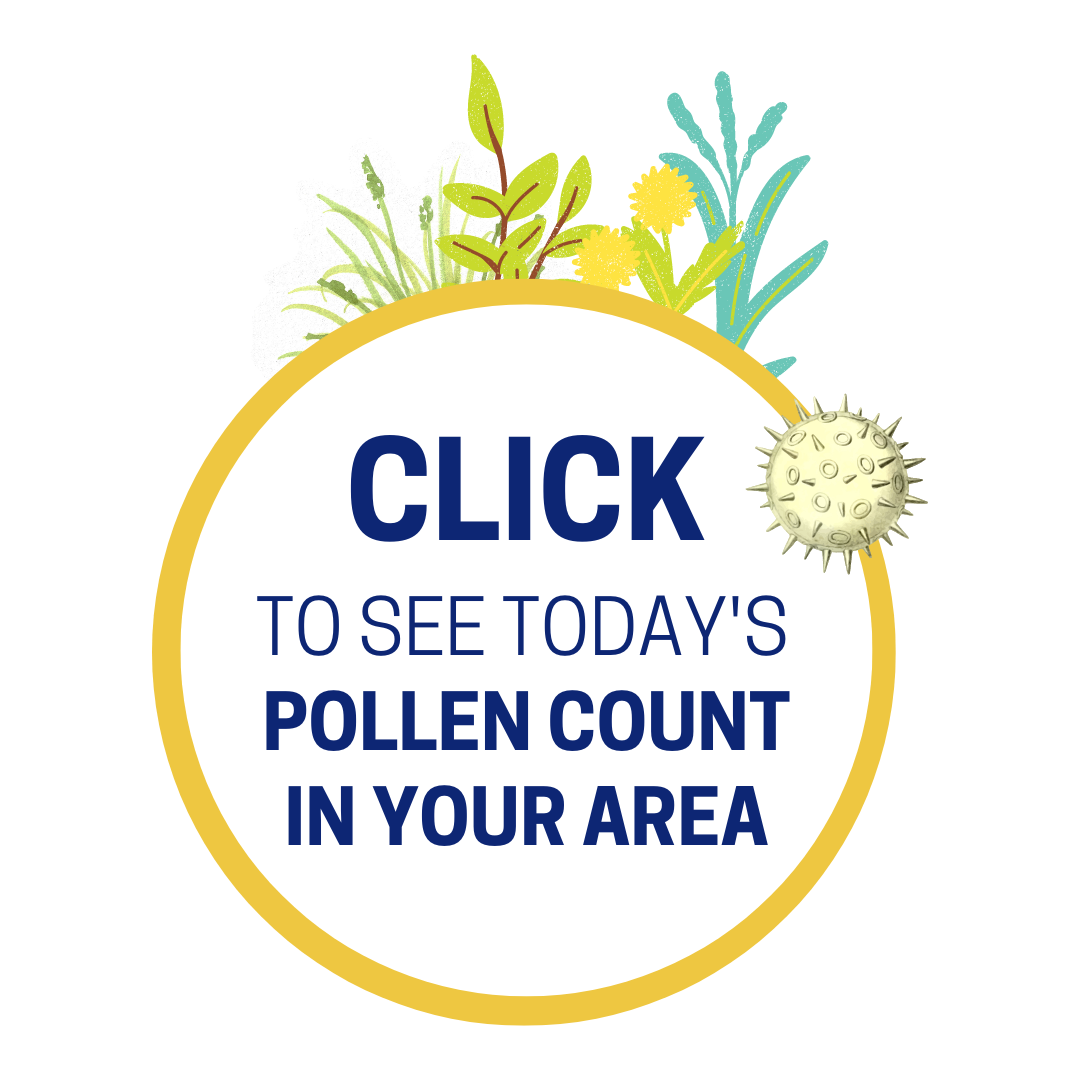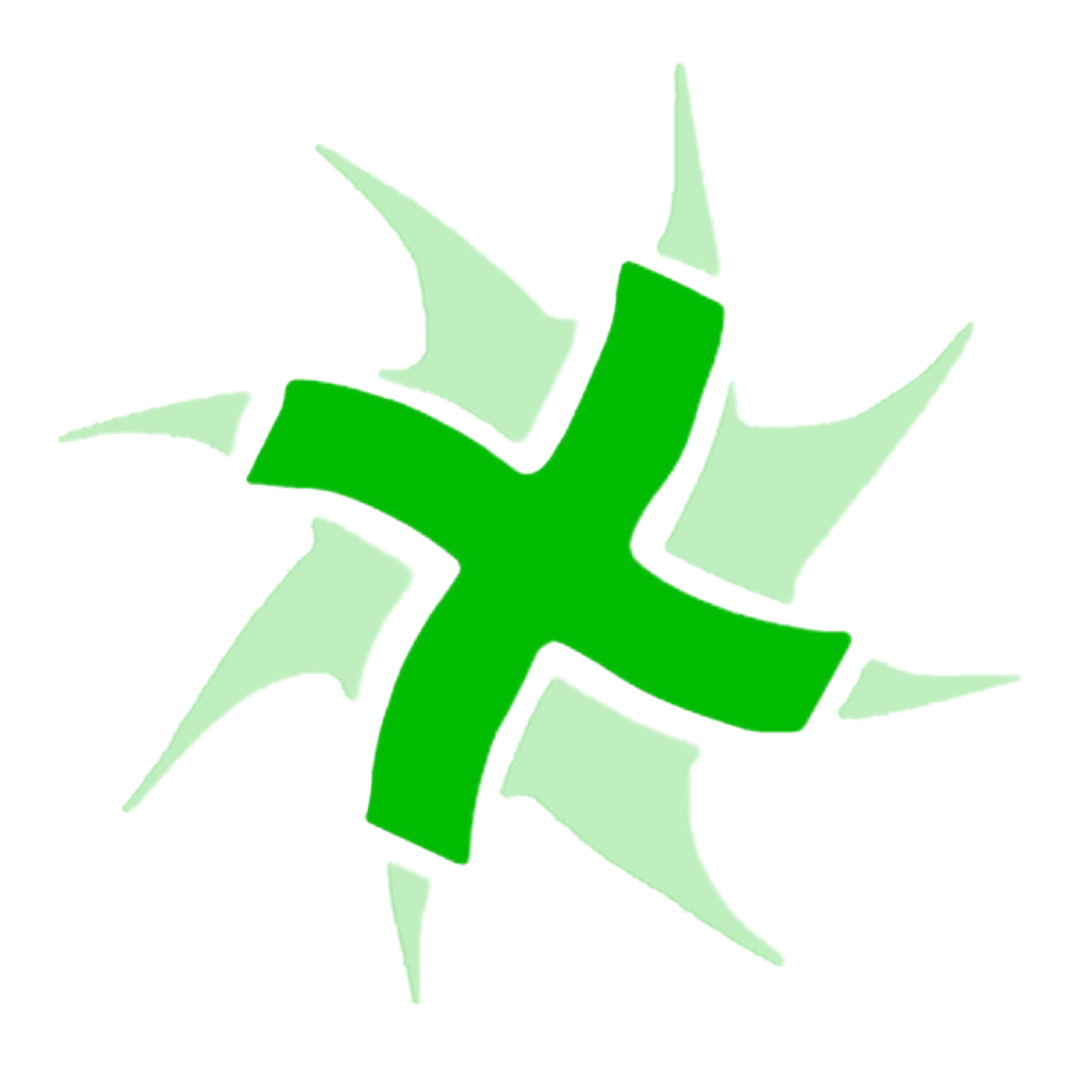Surviving Hay Fever Season
Here's What You Need to Know
Survive and thrive throughout pollen season
When should I start preparing?
From March to August there are varying pollen levels:
Tree pollens
Intermittent or chronic symptoms occur from early to late spring.
Grass pollens
Intermittent or chronic symptoms occur from late spring to early summer.
Weed pollens
Intermittent or chronic symptoms may occur from early spring to early autumn.
TOP TIP: PREVENTION
Start using nasal sprays
two weeks before
your symptoms usually begin to keep the worst of the symptoms at bay.
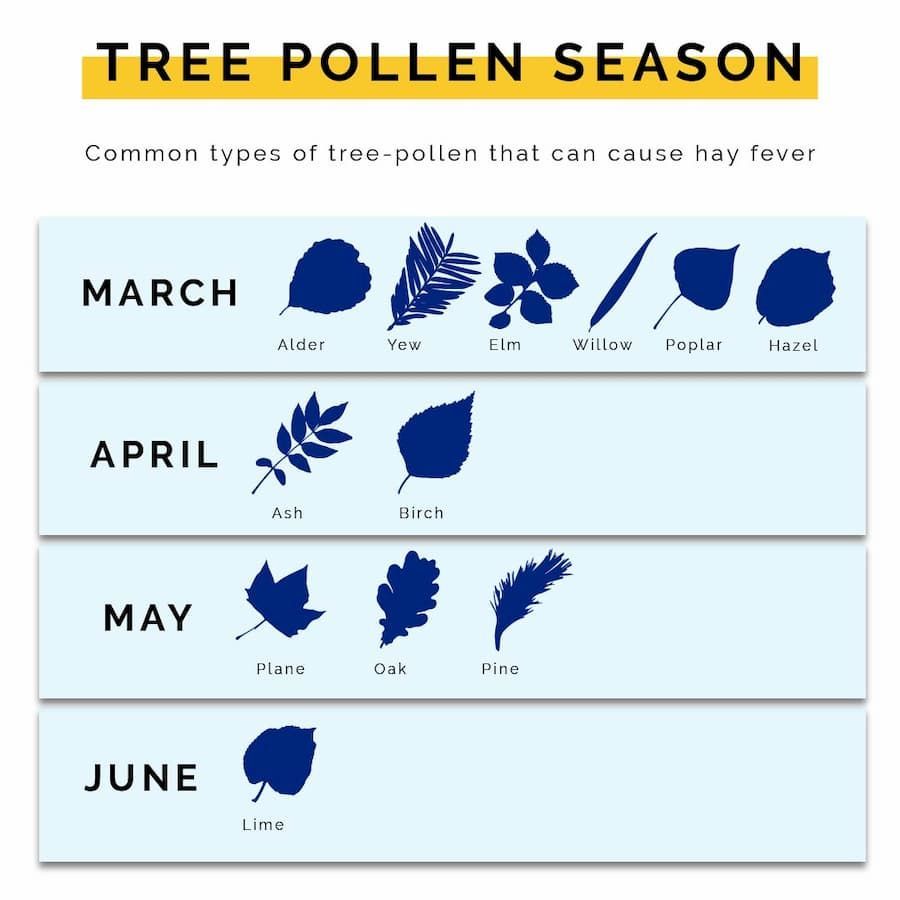
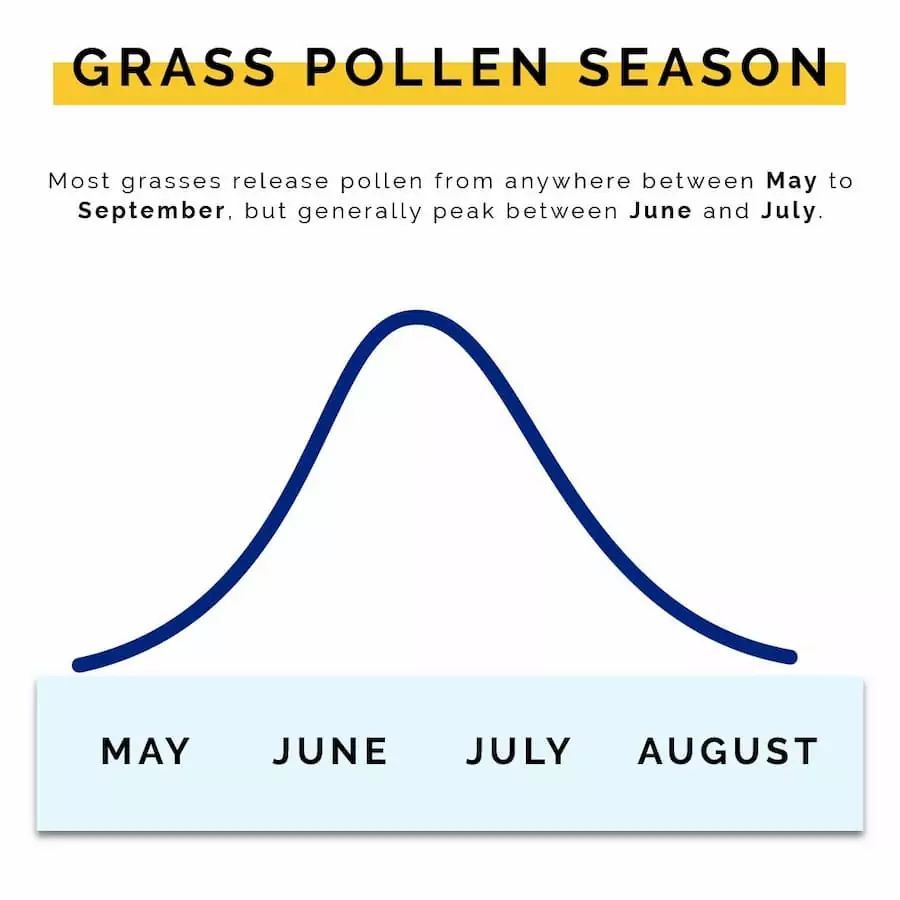
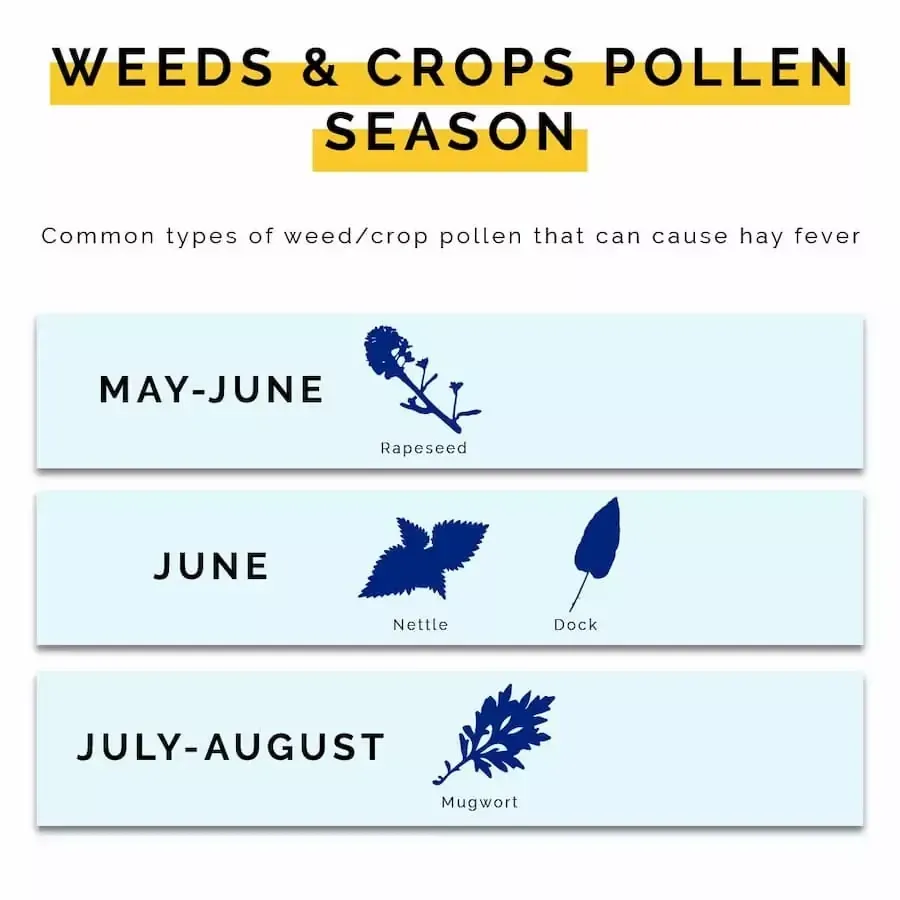
Download Pollen calendar from Allergy UK
Survival Strategies
Alleviating and preventing hay fever symptoms
Avoid walking in grassy, open spaces, particularly during the early morning, early evening, and during mowing, when the pollen count is high.
Avoid drying washing outdoors when the pollen count is high.
Keep windows shut in cars and buildings.
Shower or wash hair following high pollen exposures.
Use Nasal Sprays and Eye Drops to help alleviate hay fever symptoms. Consult with a pharmacist for recommendations.
Antihistamines and other allergy medications can help relieve symptoms such as sneezing, itching, and congestion. Again, consult with a pharmacist for advice on which medications may be best for you.
Nasal irrigation using a saline solution can help flush out pollen and other irritants from your nasal passages, providing relief from congestion and other symptoms.
Drinking plenty of water can help thin mucus and soothe irritated nasal passages.
A pharmacist can help with hay fever
A member of the Prestwich Pharmacy team can advise the best treatments to help with your symptoms, such as:
- antihistamine drops, tablets or nasal sprays
- steroid nasal sprays
Some antihistamines can make you drowsy. Please check with one of the team if this is a concern.
DID YOU KNOW?
Birch pollen and allergies
The birch tree is one of several species of trees that produce pollen in spring in the UK. The silver birch is considered to be the most allergenic of these species with an estimated 25% of the population in the UK suffering allergy-related symptoms.
Speak to your pharmacy team for tailored advice


